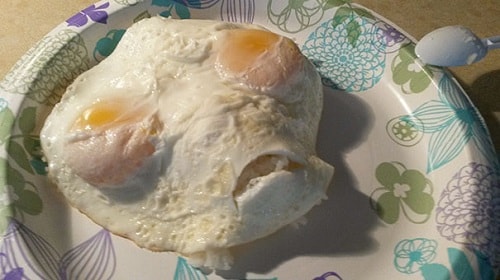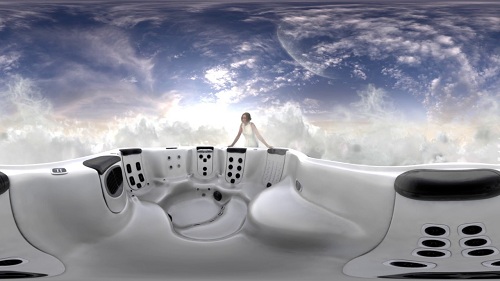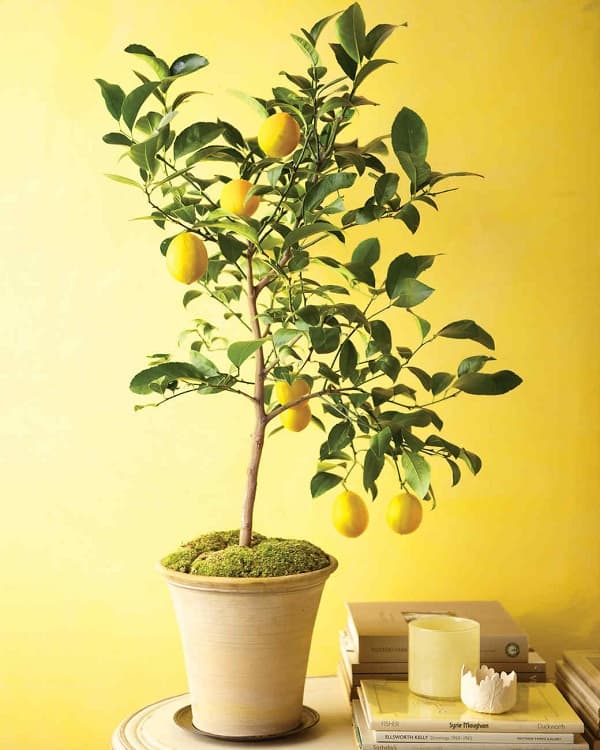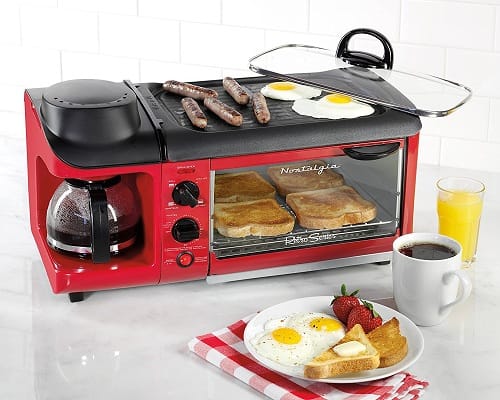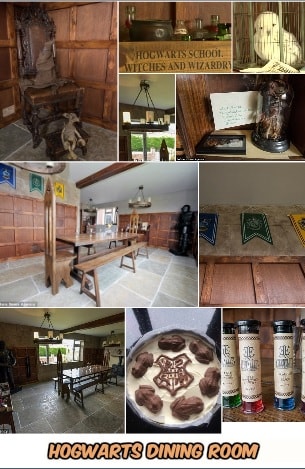A kitchen countertop is an essential element in any kitchen, serving as a functional workspace for preparing and cooking meals, as well as a design element that can enhance the overall look and feel of the space.
Kitchen countertops are available in a wide range of materials, including natural stone, engineered stone, solid surface, laminate, and more, each with its own unique properties and benefits.
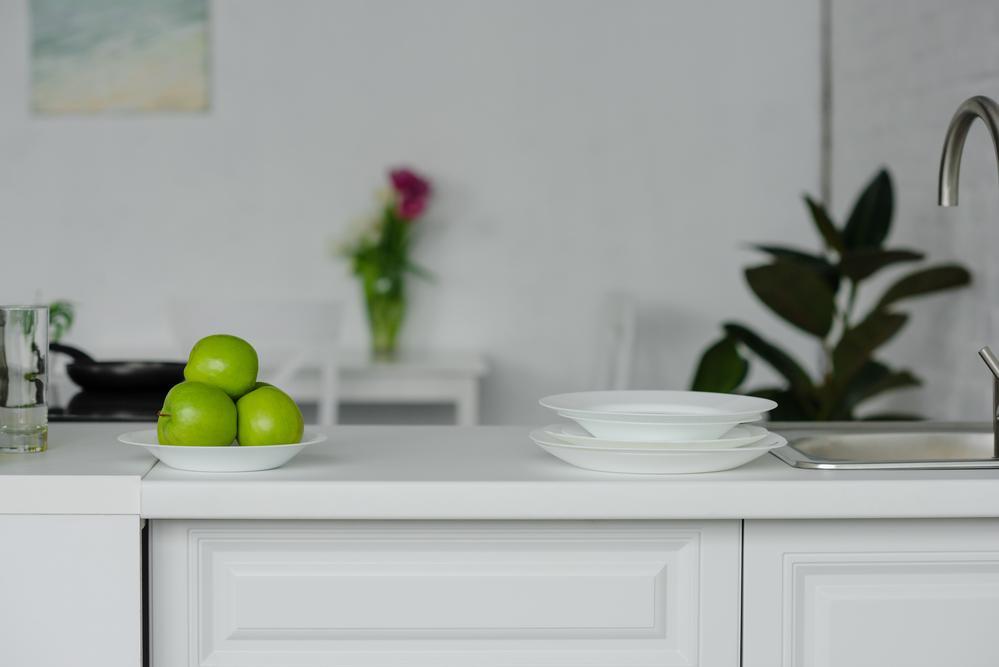
When selecting a kitchen countertop, factors such as durability, maintenance requirements, style, and budget should be considered to ensure that the countertop meets your needs and fits your design aesthetic.
(We would also recommend this: How to Remove Stain from Marble Surface | Simple Tips)
How to Maintain Quartz Countertop and Prevent Heat Damage
What Is Quartz Stone?
Quartz stone is a type of engineered stone that is made from a combination of natural quartz minerals and resins. It is a popular material for use in a wide range of applications, including countertops, flooring, wall cladding, and other architectural and interior design features.
Quartz stone is known for its durability and low-maintenance requirements, as well as its resistance to stains, scratches, and heat. It is available in a wide variety of colors and patterns, making it a versatile material that can be used to achieve a wide range of design aesthetics.
Unlike natural stone, which can vary in color and pattern depending on the specific piece of stone being used, quartz stone is consistent in its appearance, making it a popular choice for applications where a uniform look is desired.
Quartz Stone Benefits
There are many benefits to using quartz stone in various applications. Here are some of the most significant advantages:
- Durability: Quartz stone is a very hard material and is highly resistant to scratches, chips, and other types of damage, making it a great choice for high-traffic areas.
- Low maintenance: Unlike natural stone, quartz stone doesn’t require regular sealing or other types of maintenance. It can be easily cleaned with soap and water and doesn’t require any special cleaners.
- Hygienic: Quartz stone is non-porous, meaning that it doesn’t harbor bacteria or other germs. This makes it a great choice for use in kitchens and bathrooms where hygiene is important.
- Uniformity: Because quartz stone is engineered, it has a consistent color and pattern throughout the slab. This makes it easier to match pieces and achieve a uniform look in a space.
- Versatility: Quartz stone is available in a wide range of colors and patterns, making it easy to find a style that fits your design aesthetic. It can also be used in many different applications, including countertops, flooring, wall cladding, and more.
- Heat resistance: Quartz stone is highly resistant to heat, meaning that it won’t be damaged by hot pans or dishes placed on it.
- Environmental sustainability: Many quartz stone manufacturers use recycled materials in their production process, making it an environmentally sustainable choice.
- Resistant to staining: Because quartz stone is non-porous, it is highly resistant to staining from liquids like wine, coffee, and oil.
- Resistant to fading: Unlike natural stone, quartz stone is highly resistant to fading from exposure to sunlight, making it a great choice for outdoor applications.
- Increased home value: Adding quartz stone to your home can increase its value, as it is a highly sought-after material among homebuyers.
- Customization: Quartz stone can be cut and shaped to fit any space, allowing for more design flexibility and customization.
- Scratch resistance: Quartz stone is highly resistant to scratches, making it a great choice for areas that are frequently used, such as kitchen countertops and bathroom vanities.
- Long-lasting: Quartz stone is a durable material that can last for many years without showing signs of wear and tear.
Quartz Stone Common Problems
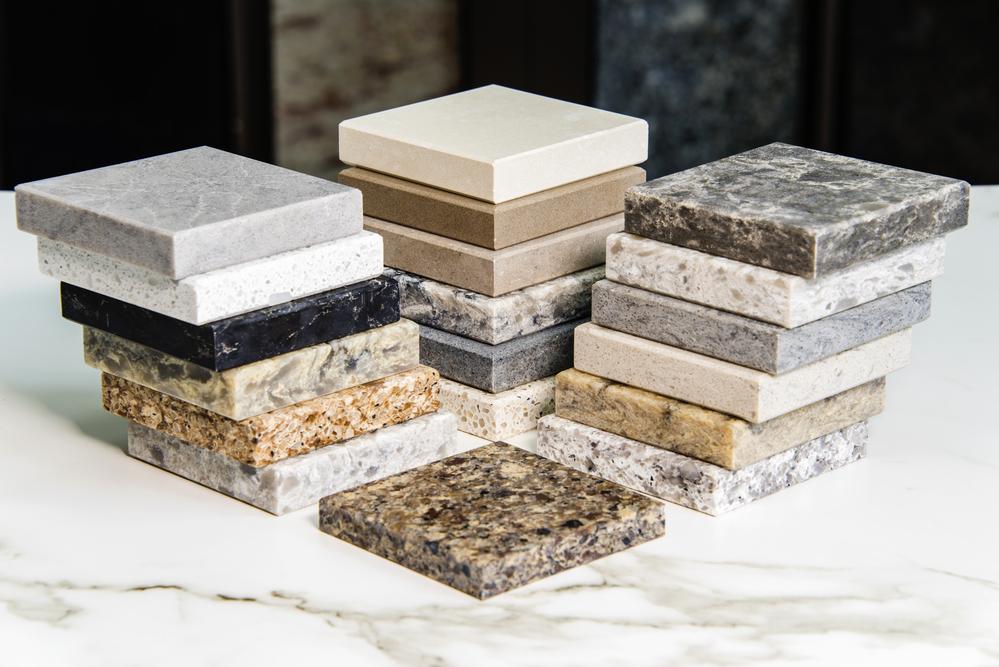
While quartz stone is a highly durable and low-maintenance material, it can still experience some problems. Here are some common issues that can arise with quartz stone:
- Discoloration: Quartz stone can become discolored over time due to exposure to UV rays or heat, especially if it is a lighter color. This can be prevented by using heat-resistant pads or trivets, and by avoiding prolonged exposure to direct sunlight.
- Scratches: While quartz stone is highly scratch-resistant, it can still be scratched by abrasive materials or tools. Avoid using steel wool, abrasive sponges, or other rough materials when cleaning the countertop.
- Cracking: While rare, quartz stone can crack due to excessive heat or impact. Avoid placing hot pots or pans directly on the countertop, and use cutting boards to prevent damage from knives or other sharp objects.
- Staining: While quartz stone is highly resistant to staining, it can still be stained by certain substances, such as red wine or acidic liquids. Clean up spills immediately to prevent staining, and avoid using harsh chemicals or abrasive cleaners that can damage the surface.
- Seams: Because quartz stone is typically installed in large slabs, seams may be visible where two pieces are joined together. Proper installation and sealing can help to minimize the appearance of seams.
- Chipping: Although quartz stone is highly durable, it can still chip or crack if subjected to enough force. Avoid dropping heavy objects on the countertop, and be careful when moving heavy appliances or furniture across it.
- Fading: Although quartz stone is highly resistant to fading, certain colors may fade over time due to exposure to sunlight or heat. Darker colors tend to be more resistant to fading than lighter colors.
- Watermarks: Quartz stones can develop watermarks if water is left standing on the surface for an extended period of time. Wipe up spills immediately to prevent watermarks from forming.
- Heat damage: Although quartz stone is highly heat-resistant, it can still be damaged by sudden changes in temperature or exposure to extreme heat. Avoid placing hot pots or pans directly on the countertop, and use trivets or hot pads to protect the surface.
- Installation issues: Improper installation can result in a range of issues with quartz stone countertops, including uneven seams, gaps, or uneven edges. Ensure that your countertop is installed by a professional to avoid these problems.
(We would also recommend this: 15+ Fun Decorating Ideas: How to Create Kids-Friendly Playroom)
Heat Damage
Quartz stone is a highly heat-resistant material and can withstand exposure to high temperatures without damage. However, it is important to note that while quartz stone is heat-resistant, it is not heat-proof, and certain precautions should still be taken to avoid damaging the surface.
Quartz stone can withstand temperatures up to approximately 150 degrees Celsius (300 degrees Fahrenheit) without being damaged. This means that it is safe to place hot pans or dishes on the countertop for brief periods of time, such as when taking them out of the oven or off the stove.
However, it is important to avoid placing hot items directly on the surface for extended periods of time, as this can cause the material to warp, discolor, or even crack.
Another consideration is that sudden changes in temperature can cause thermal shock, which can result in cracking or damage to the quartz. For example, pouring cold water on a hot pan that is resting on the countertop can cause thermal shock and potentially damage the surface.
It is also important to note that quartz stone is not completely immune to damage from heat, and certain precautions should still be taken to avoid damaging the surface. For example, quartz stone can be damaged by exposure to open flames or high-temperature appliances, such as electric skillets or griddles.
To prevent heat damage to your quartz countertop, always use a trivet or hot pad to protect the surface when placing hot items on it. Avoid placing hot pots or pans directly on the countertop for extended periods of time, and be cautious when using high-temperature appliances or cooking methods, such as broiling or grilling.
How to Prevent Heat Damage
To prevent heat damage to your quartz countertop, it’s important to take the following precautions:
- Use trivets or hot pads: Always use a trivet, hot pad, or another heat-resistant surface to protect your quartz countertop when placing hot items on it. Avoid placing hot pots or pans directly on the countertop for extended periods of time.
- Avoid sudden temperature changes: Sudden changes in temperature can cause thermal shock, which can result in cracking or damage to the quartz. To avoid this, avoid pouring cold water on a hot pan that is resting on the countertop or placing hot items on a cold countertop.
- Keep high-temperature appliances away from the countertop: Avoid placing high-temperature appliances, such as electric skillets or griddles, directly on your quartz countertop. Instead, use a trivet or other heat-resistant surface.
- Do not use open flames: Do not use open flames, such as a lit candle or a lighter, on or near your quartz countertop. This can cause discoloration or even cracking.
- Be cautious with hot appliances: Be cautious when using hot appliances, such as a toaster oven or broiler, near your quartz countertop. Keep a safe distance and use a trivet or other heat-resistant surface to protect the countertop.
- Do not use the countertop as a cutting surface: Avoid using knives or other sharp objects directly on your quartz countertop, as they can scratch or damage the surface. Always use a cutting board instead.
- Use caution with hot liquids: Be cautious when placing hot liquids on your quartz countertop, such as a pot of boiling water or a hot coffee mug. Use a trivet or hot pad to protect the surface.
- Avoid harsh chemicals: Do not use harsh chemicals, such as bleach or ammonia, to clean your quartz countertop, as they can damage the surface. Instead, use a mild cleaner or warm water and dish soap.
- Clean up spills promptly: Clean up spills immediately to prevent stains or damage to the surface. Use a soft cloth or sponge and a mild cleaner to clean up spills promptly.
- Do not stand or sit on the countertop: Avoid standing or sitting on your quartz countertop, as this can cause cracks or damage to the surface.
- Protect the countertop during construction: If you are doing construction or renovation work in your home, protect your quartz countertop by covering it with a tarp or other protective material.
How to Maintain Quartz Stone
Here are some quartz stone maintenance tips to keep your kitchen countertop in great condition:
- Clean spills immediately: Quartz stone is non-porous and highly resistant to stains, but it’s still important to clean up spills immediately to avoid any potential staining. Use a soft cloth or sponge and a mild cleaner to clean up spills promptly.
- Use a gentle cleaner: Avoid using harsh or abrasive cleaners on your quartz countertop, as they can damage the surface. Instead, use a mild cleaner or a mixture of warm water and dish soap to clean the surface.
- Avoid cutting directly on the surface: While quartz stone is highly scratch-resistant, it’s still a good idea to avoid cutting or chopping directly on the countertop to avoid any potential damage. Use a cutting board instead.
- Use trivets and hot pads: Although quartz stone is highly heat-resistant, it’s still important to use trivets or hot pads to protect the surface from direct heat. Avoid placing hot pans or dishes directly on the countertop.
- Clean regularly: Regular cleaning is key to keeping your quartz countertop looking great. Clean the surface with a mild cleaner or warm water and dish soap on a regular basis, and wipe up any spills immediately.
- Avoid using abrasive tools: Avoid using abrasive tools such as steel wool or scouring pads on your quartz countertop, as they can scratch or damage the surface.
- Attend to stains promptly: If you notice any stains or discolorations on your quartz countertop, attend to them promptly. Use a cleaner that is specifically designed to remove stains, and follow the instructions carefully.
(We would also recommend this: How to Apply Wood Stain with Sprayer, Airless, and HVLP Sprayer)
In conclusion, quartz stone is a popular material for kitchen countertops due to its durability, low maintenance, and aesthetic appeal. While it is highly resistant to heat, it is still important to take precautions to prevent heat damage to the surface, such as using trivets or hot pads and avoiding sudden temperature changes.
It is also important to take proper care of your quartz countertop by cleaning spills promptly, avoiding harsh chemicals, and using a cutting board to prevent scratches. By following these maintenance tips and precautions, you can help ensure that your quartz countertop remains in great condition for years to come.
